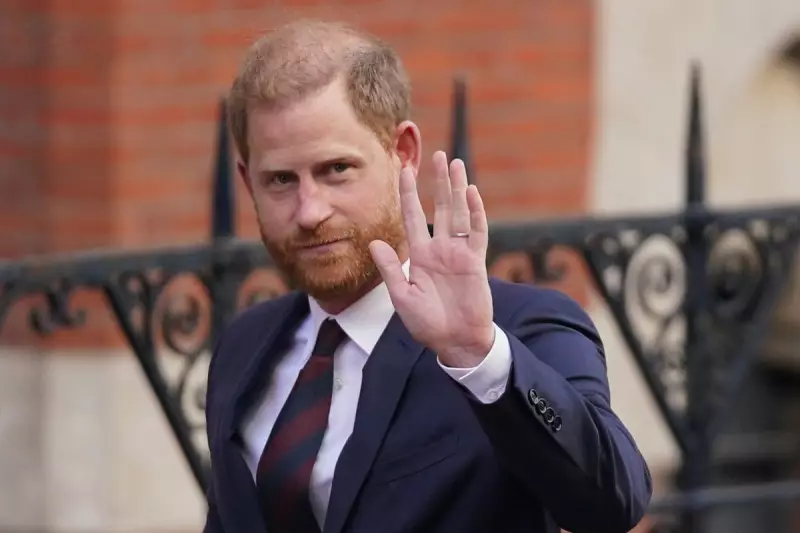
The Duke of Sussex has suffered a major legal defeat in his ongoing battle for state-funded police protection when visiting the United Kingdom. The High Court in London has dismissed his judicial review challenge against the Home Office's decision to alter his security status.
Mr Justice Lane ruled that the Executive Committee for the Protection of Royalty and Public Figures (RAVEC) had acted lawfully and rationally in its February 2020 decision. The committee's approach was neither irrational nor procedurally unfair, according to the detailed judgment.
The Core of the Security Dispute
At the heart of the case was Harry's argument that he should receive the same level of state-funded protection as when he was a working royal, despite stepping back from royal duties and moving to North America. His legal team contended that the UK would always be his home and that he required adequate security for himself and his family during visits.
The Home Office maintained that RAVEC, which operates independently, was justified in its 'bespoke process' that resulted in a tailored security arrangement for the Duke, different from full police protection.
Financial Implications and Personal Offers
During the proceedings, it emerged that Prince Harry had offered to personally pay for UK police protection, but this proposal was rejected by the Home Office. Government lawyers argued that allowing wealthy individuals to 'buy' police security would create unacceptable risks and set a problematic precedent.
The court heard that the Duke currently employs private security measures while in the UK but believes these are insufficient without police support, particularly regarding intelligence gathering and liaison with other law enforcement agencies.
Broader Implications and Royal Reactions
This ruling represents a significant setback for Harry's attempts to guarantee his security through the British legal system. It also highlights the complex relationship between the royal family and state institutions following the Duke's departure from royal duties.
Legal experts suggest this decision could influence future arrangements for other non-working royals and establish important precedents regarding the allocation of costly police resources for private individuals, regardless of their status.
The judgment comes at a time when Harry's visits to the UK have been limited, partly due to security concerns. This ruling may further complicate his ability to maintain regular contact with family and participate in royal events without what he perceives as adequate protection.





